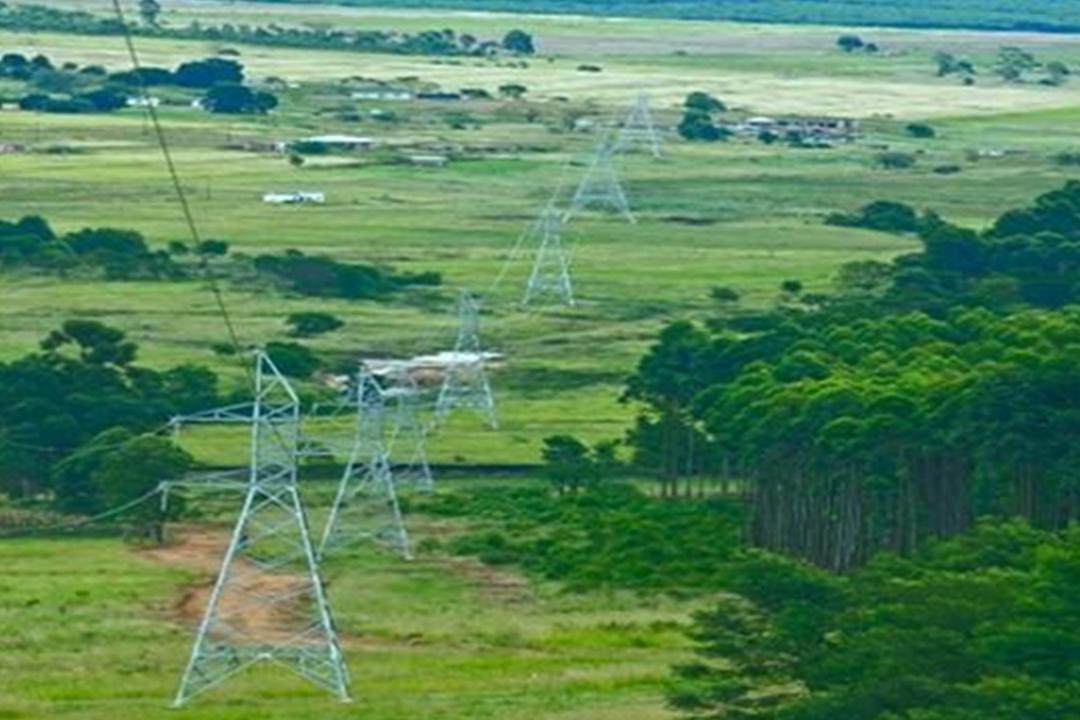Africa-Press – Eswatini. The Eswatini Electricity Company (EEC) is making strategic strides to enhance electricity reliability and drive economic growth through major infrastructure projects. Speaking during a media stakeholder breakfast meeting at Hilton Garden Inn, EEC Managing Director Ernest Mkhonta underscored the company’s commitment to being a “major player in the electricity industry locally and regionally.”
Central to this vision is the recently commissioned 132 kV transmission infrastructure between Sangam, Udafobi, and Sakoto. This development is expected to provide stable power to the Shiselweni region, positioning it as a hub for industrial growth. “Reliable electricity will encourage new industries to set up, creating jobs and boosting local economies,” Mkhonta said.
EEC has also partnered with an independent power producer to increase hydropower generation along the Usutu River by 13.5 MW, with construction beginning earlier this year. Additional generation expansion plans include a 10 MW Google project and a potential 23 MW stream project, both awaiting funding.
Notably, EEC’s geothermal exploration between September and December last year revealed 40–80 MW potential capacity — a breakthrough that challenges earlier skepticism about Eswatini’s geothermal viability. Mkhonta explained that unlike hydropower, geothermal energy is not weather-dependent, making it a stable and reliable option for the country’s energy mix.
The company is also pushing rural electrification, collaborating with government under the Network Reinforcement and Access Project (NRAP), which has connected over 6,000 households in the last three years. With official access figures at 88% and unofficial estimates nearing 90%, Eswatini is on track to achieve near-universal access.
Mkhonta stressed that these projects are not just technical upgrades but catalysts for societal change. “Electricity is one of the primary drivers of the economy,” he said. “From manufacturing to communication, reliable power enables industries to operate, communities to thrive, and innovation to flourish.”
However, he acknowledged that financial stress remains a challenge, given high import costs and a mismatch between tariff increases and operational expenses. Still, EEC’s proactive approach to infrastructure expansion positions it as a key enabler of Eswatini’s economic future.
With a focus on both urban industrial corridors and rural access, EEC is not just keeping the lights on — it is building the energy foundation for the kingdom’s next phase of development.
For More News And Analysis About Eswatini Follow Africa-Press







